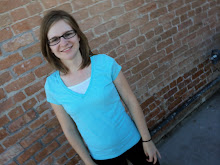To recap: you start out with three doors. You pick one door. The Game Show host then opens a different door that has a false prize behind the door, and now the question is, do you switch to the other door, or stay with the door you chose first? Most people would say that the chances are fifty-fifty and it makes no difference to switch or not. According to Ron Clarke, this is not correct. He says it is simple to understand why, but this is where my brain fell out of my head...
You should always swap doors, he says. This gives the contestant twice the chance of winning the prize. Why? Because to start with, the probability of getting the prize is 1/3 or 33%. The probability of getting a false prize is 2/3 or 66%. The chance that you have already picked the prize is 33%, and the chance you have picked the false prize is 66%. So why not swap? The chances of picking a false prize the first time is 66%. When the Host opens a false prize door, if you started out picking the false prize then you will for sure get the real prize if you swap. So if you switch, you then have a 33% chance of getting the fake prize after picking the car first and a 66% chance of getting the real prize after picking a false prize.
Dose that even make sense? I'm sure the video makes more sense then my recap, but maybe watch it again. Look above at what I wrote in italics. That is the key to this problem. I understand the explanation and how it could make sense, but if I sit and think on it my brain hurts! How do they come up with these numbers? Crazy math people, they are. So if you are ever on a game show, switch doors on your second chance. As luck would have it, you won't get the car. As chance would have it, you will get the car. The choice is yours.
Look what I found!

No comments:
Post a Comment